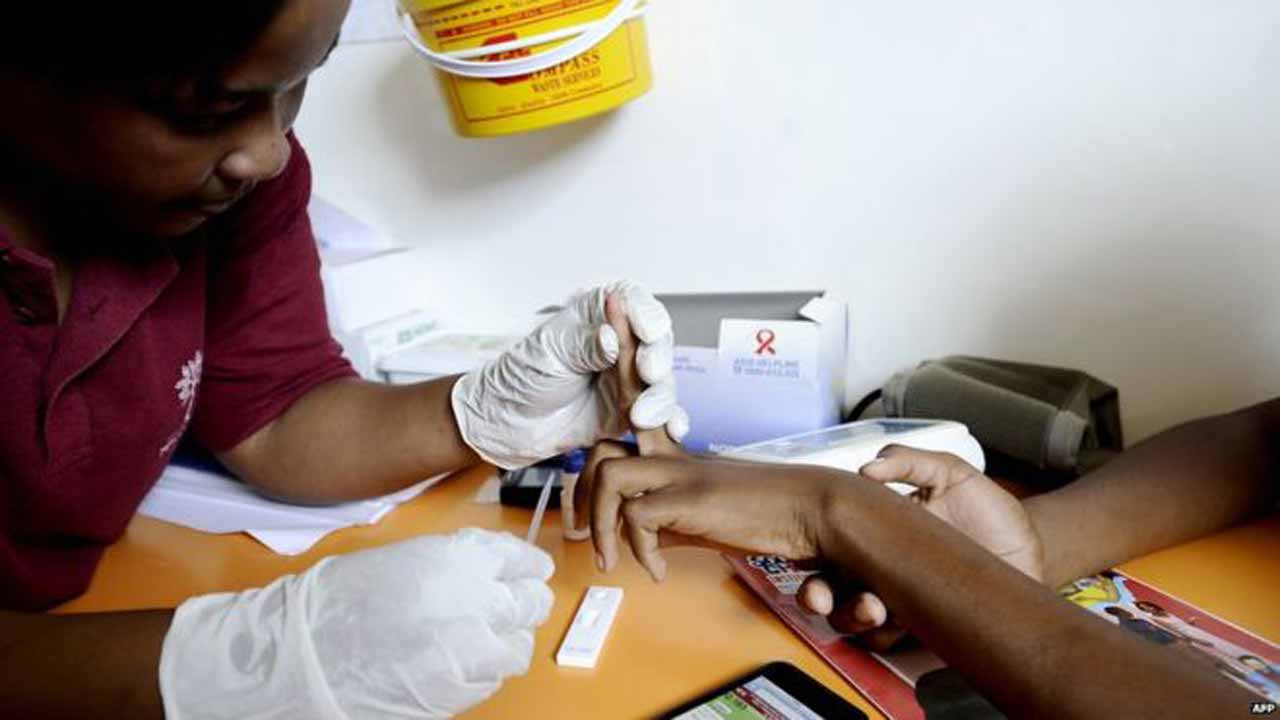Nigeria has introduced the use of test kits to stop mother-child HIV/syphilis transmission as the country plans to distribute four million test kits in 2022, the World Health Organisation (WHO) announced on Monday.
According to the UN health agency, dual test kits, which cost less than one dollar, are now available for pregnant women to stem mother-to-child HIV and syphilis transmission.
The low cost is possible, thanks to a new partnership between the Clinton Health Access Initiative (CHAI), MedAccess and SD Biosensor.
“Up to today, WHO has prequalified three different dual HIV/syphilis rapid tests and many countries have adopted these recommendations and are introducing the tests, particularly in the African Region.
“WHO estimates that in 2020, major donors and governments had procured more than five million of these tests – and that the number should continue to rise.
“Nigeria, for example, started a pilot programme in 2019 and is now moving toward implementation at the national scale. As the country plans to distribute four million in 2022.
“And yet, despite some important gains, global adoption of dual HIV/syphilis rapid tests in antenatal care is still far from ideal, with only 23 per cent of all countries reporting a national policy,’’ it stated.
Each year, around 1.3 million women living with HIV become pregnant and just under one million pregnant women are infected with syphilis.
Despite affordable diagnostics and treatment being available, undiagnosed and untreated infections continue to affect the lives of many mothers and their children.
According to WHO, the rapid diagnostic tests are simple to use and can integrate and streamline services. They also enable more countries to eliminate Mother-To-Child Transmission (EMTCT) of HIV and syphilis.
For Meg Doherty, Director of WHO Global HIV, Hepatitis and Sexually Transmitted Disease (STI) Programmes, the new pricing is an exciting development.
“It will help more countries adopt dual HIV/syphilis testing and accelerate progress toward EMTCT for both HIV and syphilis and deliver services for key populations, where both infections are common,” she said.
Since 2019, WHO has recommended using these tests not only as the first line in antenatal care to help countries eliminate mother-to-child transmission but also as a way to cut cost.
GUARDIANS




